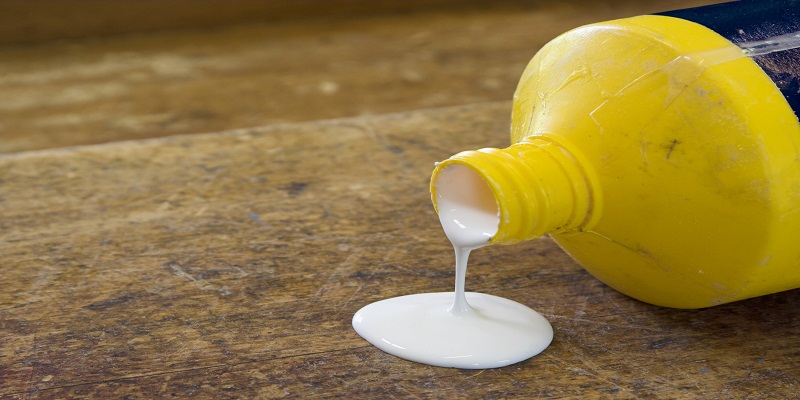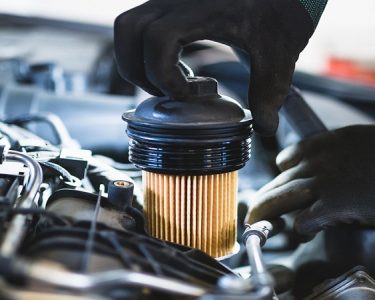The world of crafts is full of different materials to perform and this also requires different tools to handle them, as well as different ways of adhering or gluing different materials together. Here I present you with a few pieces of advice and tips before choosing the right glue for your project;
- Always choose the glue which dries faster, and opt for non-staining and transparent when dry if possible.
- Some glues include too many materials and others are more specific, so you must look out and choose the appropriate one for the material used either for painted surfaces, cloth or wood.
- Prefer to buy non-toxic glue.
- Buy the best presentation of the glue for the project to be developed and their application as you can apply with brushes, pushing through a tube, etc. Sometimes you will have to buy the same glue in a different presentation for a given project.
- Always cover the work surface with newspaper or plastic.
- There are many brands of glues specific for each craft but generally find a way to prepare yourself or buy a cheaper version.
Homemade Glue for Envelopes
You will need 3 tablespoons of white vinegar, ½ ounce of unflavored gelatin, ¼ teaspoon of mint flavoring or peppermint. Mix the gelatin with the white vinegar and after stirring well, keep it in the microwave until completely dissolved, add the mint extract and rub it on the flap of the envelope using a small brush or your finger. Leave to dry and to glue, you only have to moisten the lapel of your envelope. Store it in a glass jar. If it hardens, heat it in the microwave again to use again.
There are so many people who use the homemade paste recipes for glues and this glue you can see is easily made at home.
Uses
Basically it serves to stick paper. I use to make crafts with paper mache or wearing several layers of paper like pinatas.
Advantages
It is absolutely non-toxic and it is very easy to clean and it is also soluble in water. It is very easy to handle as well as it is economical and easy to prepare.
Disadvantages
It is a weak glue which should be used as a paste in multiple layers, and remember that it is not waterproof. It should be used the same day or kept in the refrigerator if not used all and no more than a couple of days. You can add a little salt as a bactericide to prevent the growth of bacteria.
If you opt for a commercial glue, the n I suggest you to go for super glue and also you to read more reviews for the selection of the best product.
There is a good piece of information that will prove to be useful for you when you use a super glue. The super glue reacts with some natural fibers such as cotton, exothermically, thereby heating them, and if the temperature is high enough, they actually can burn them. It means that you do not stick cotton stuff with super glue just like that, or you can face the music of doing so.
On the other hand, if you are lost in the forest and you have no matches, but a cotton and super glue, well you know what to do to set the fire. And, since we are talking about survival, super glue is also used in medicine for the fact of their having avidity of water which makes them almost perfect adhesives to close the wounds, which are usually very moist. In fact, the tests were conducted in the Vietnam War, although the first super glue such as methyl 2-cyanoacrylate was irritant. Although today’s commercial super glues are also mostly, because they stick better than those that are not, non-irritating super glues are nowadays used as substitutes for the famous spots in certain situations.
Another curious property which is worth knowing about super glue is that if the temperature drops drastically, it turns out to be fragile and brittle. If you have a sticky object that you want to separate but you do not have access to the glued surface, you can get it separated by putting it in the freezer.
The super glue dissolves very well in various organic substances. As I said before, wetting these adhesives to soften them is useless unless the water is very, very hot, but then it is not the water that achieves it, but the heat does it, and the organic solvents can be used too. The best thing of all is that methylene chloride methene chloride unfortunately is toxic. The most commonly employed use of it as nail polish remover.
Before continuing with some other modern chemical adhesives, do you see and what seem all that we have described here so far? Although some adhesives work differently from others in a microscopically way, the general idea is always the same, and I have tried to explain it all as simply as possible so that every leave of reader can get the gist. If you need to find about the best super glue, just click here.





